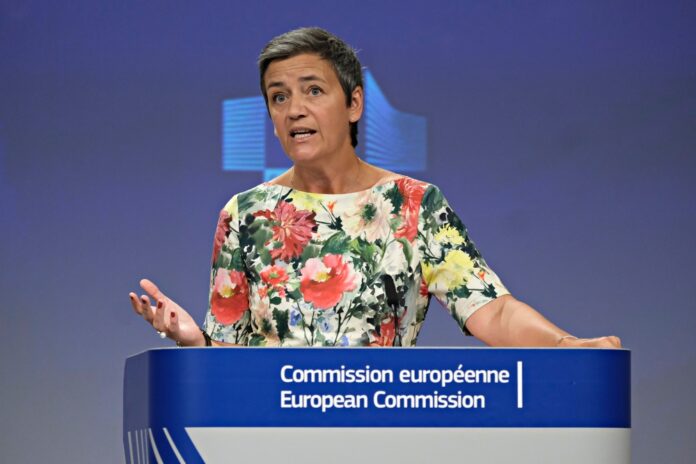Decision reopens the door to greater mobile consolidation across Europe
The Court of Justice of the European Union (CJEU) scrapped a lower tribunal’s decision to lift a veto on Three UK’s £13bn ($16.9 billion) bid for O2 seven years ago, citing legal errors. The move creates fresh regulatory uncertainty for mobile sector consolidation.
Reuters reports that although the deal has lapsed, its approval could make it easier for companies to forge mergers that reduce the number of mobile players in a country.
In its 2020 appeal, Three UK owner Hutchison had argued the Commission’s approach to reviewing the proposed merger, and European telecoms mergers more broadly, was guided by a “misconceived default view that European telecoms markets are better served by having a minimum of four Mobile Network Operators in each EU Member State.”
The General Court, in its 2020 ruling, annulled the EU decision, raising the bar for regulators to block mergers that hinder competition and prompting the European Commission to appeal to the Luxembourg-based CJEU. To no avail as it scrapped the General Court ruling and sent the case back to the lower tribunal.
And while Hutchison had moved on with its life, the court’s decision will have implications for its new beau Vodafone UK with the two agreeing a £15bn merger last month – itself under regulatory scrutiny.
Orange will also be scrutinising the court’s findings given the European Commission recently jumped on its 4-to-3-is-bad hobby horse and sent a statement of objections to the telco and MásMóvil about their proposed €18.6bn merger in Spain.
Judges unimpressed
In calling on the General Court to rule once more on the lawfulness of the Commission’s prohibition of the acquisition, the CJEU judges said. “The General Court applied a standard of proof which does not follow from the Merger Regulation, as interpreted by the Court of Justice, and thus made an error in law.”
The CJEU also faulted the tribunal for distorting the Commission’s decision in several aspects.
ETNO remained unimpressed. “Lack of scale in telecoms remains a major strategic weakness for the EU. Either we address it, or Europe will lose out to others in the race to network virtualisation,” said ETNO director general Lise Fuhr told Reuters.
“The judgment was to be expected. It makes life easier for the Commission. The General Court went a bit too far in its standard of proof required from the Commission. This brings the state of matter back to normal,” said White & Case partner Assimakis Komninos. “The CJEU though didn’t give the Commission carte blanche either. It is a corrective ruling, based on principles of effectiveness. It is certainly not a disaster for merging parties.”
Brave Face
The nature of the court’s ruling would have given telcos some hope that such mergers may be more possible but despite the perceived setback, EU antitrust chief Margrethe Vestager was having none of it. “This judgment goes far beyond the specific circumstances and mobile communications sector affected by the Commission’s decision,” she said in a statement. “Overall, [the] judgment validates our approach to merger assessment under the EU Merger Regulation.”
By this she was pointing the finger at deals that trigger competition concerns even if these do not create or reinforce a company’s dominance. “The Court has now confirmed our interpretation of several crucial elements of our approach to these cases,” she said.



